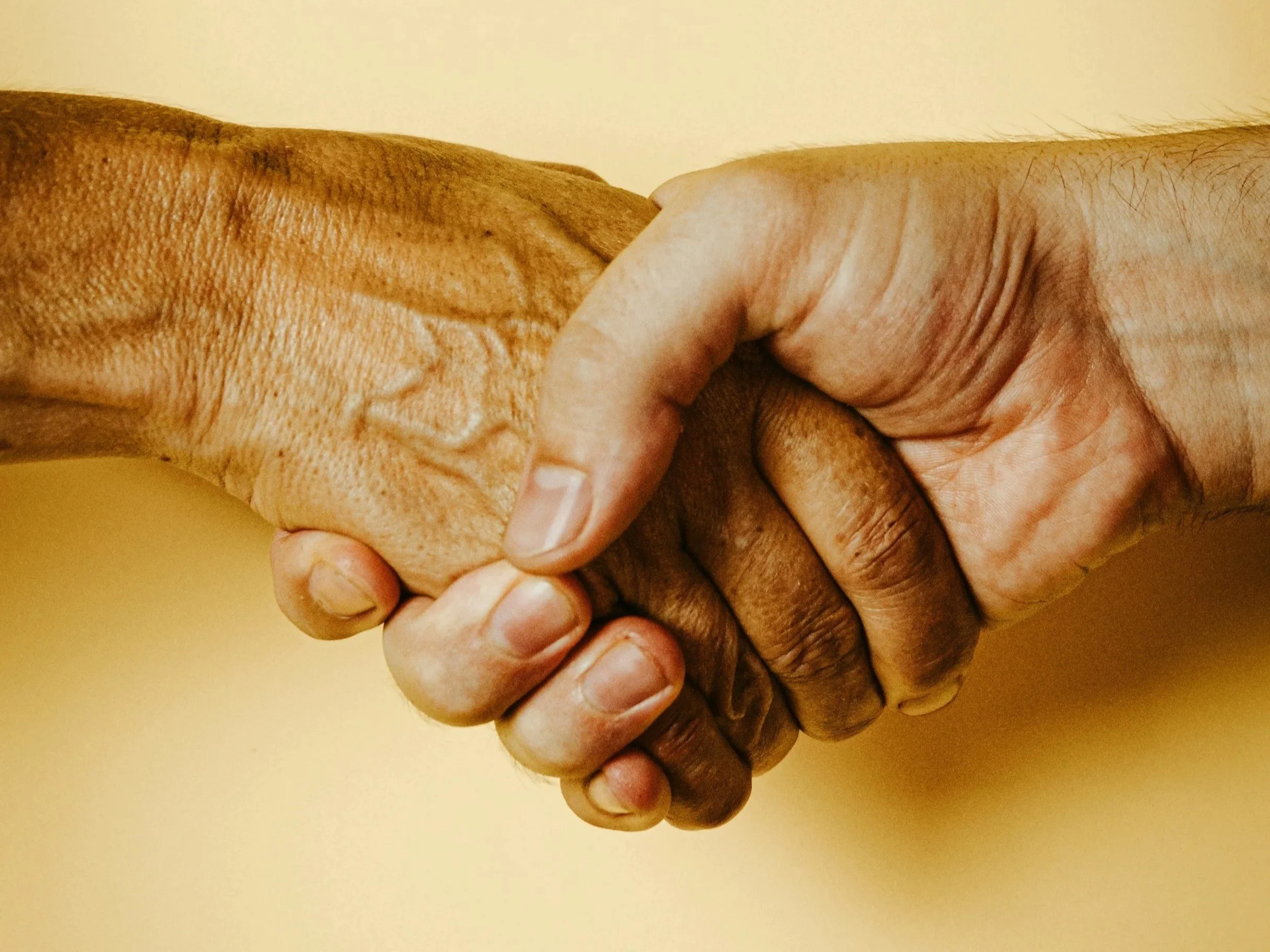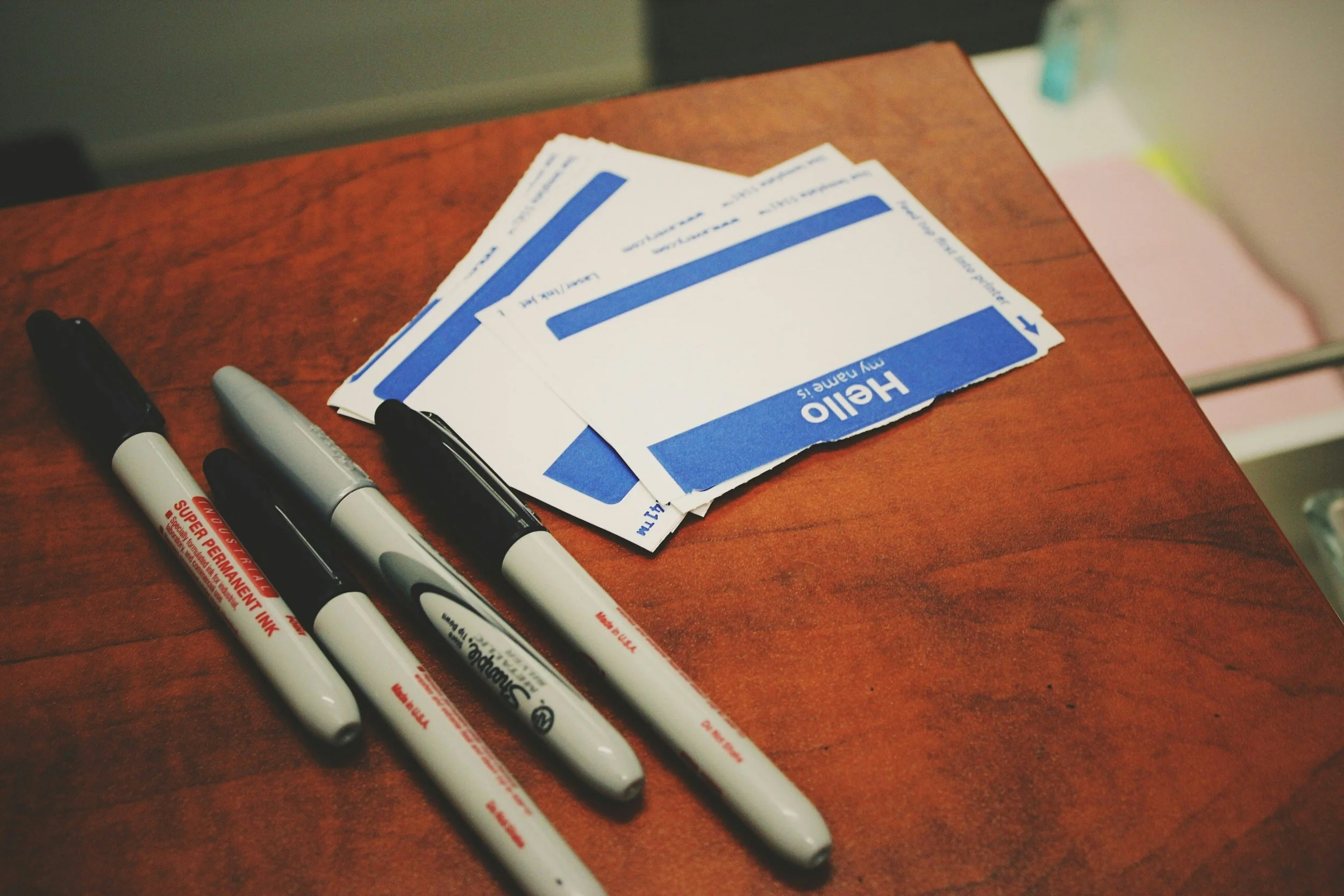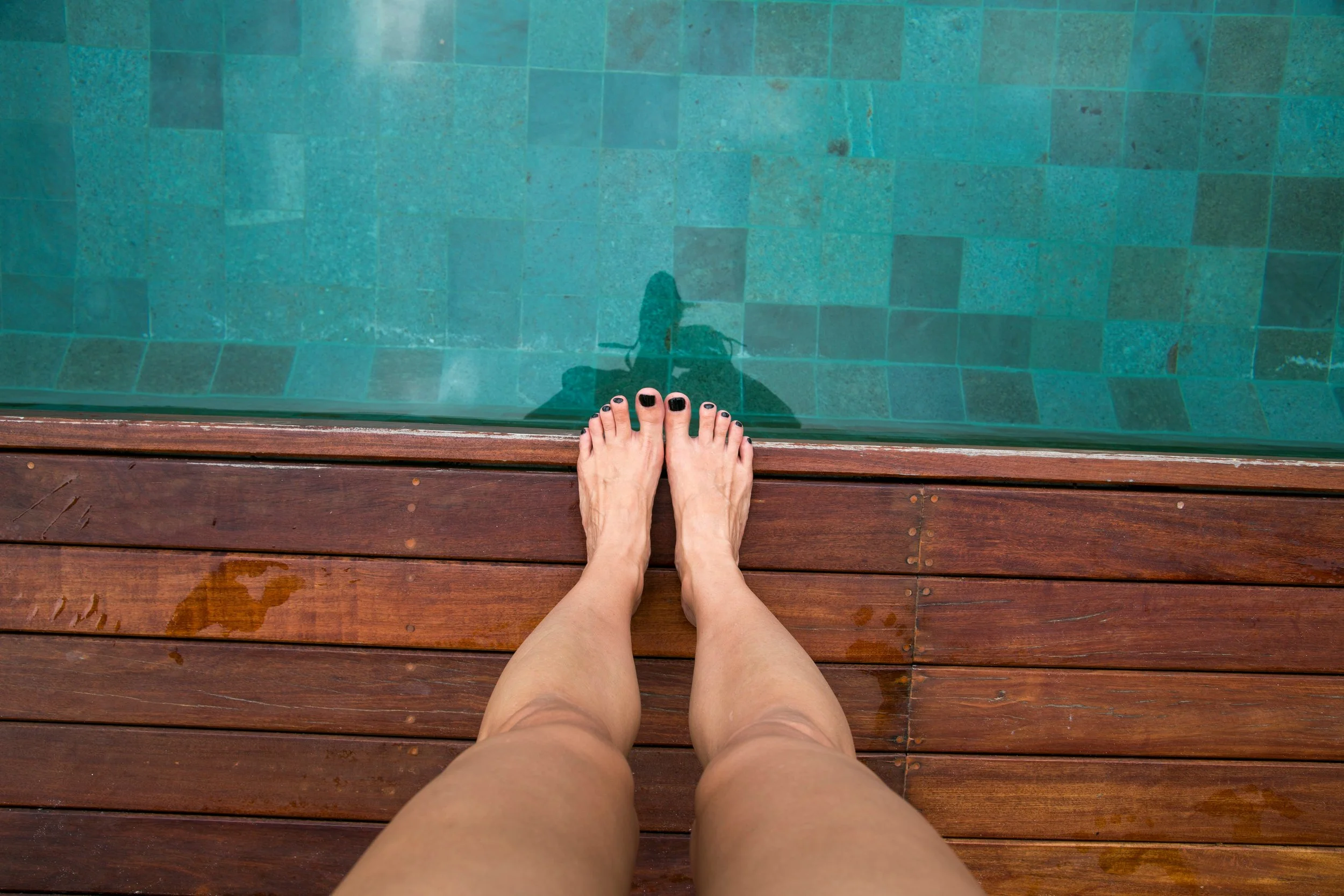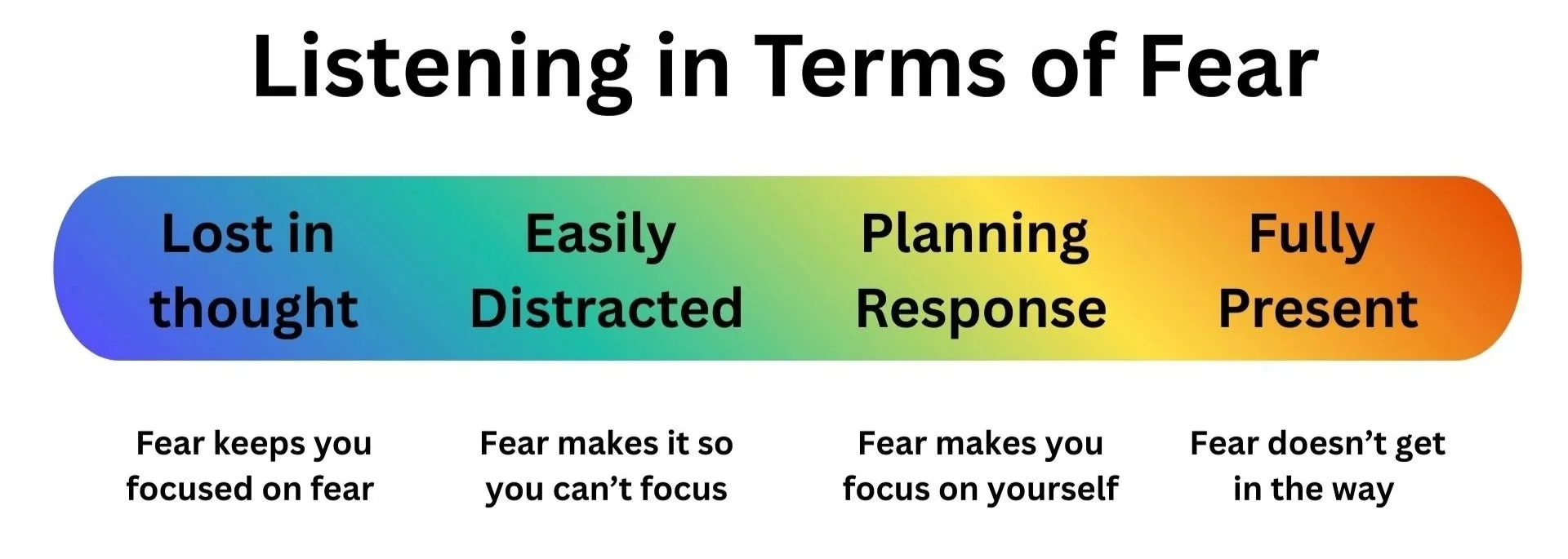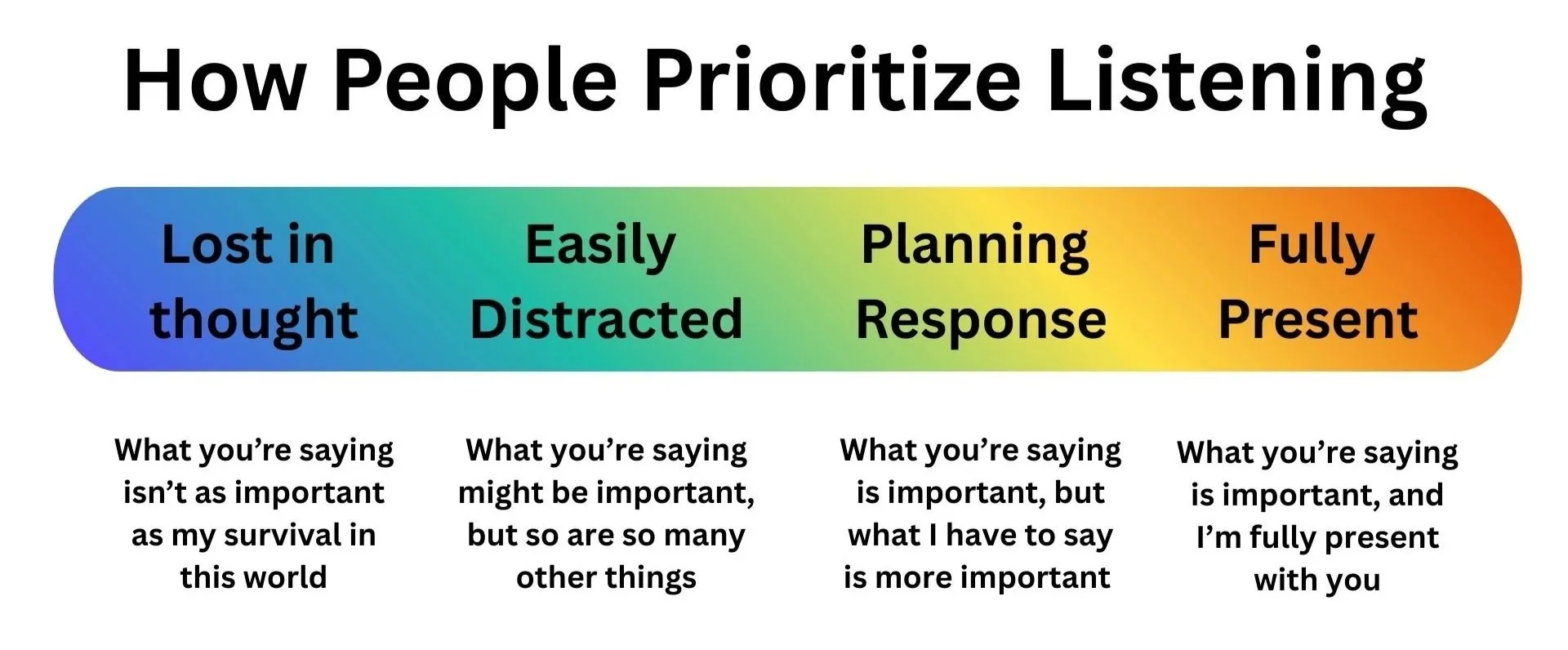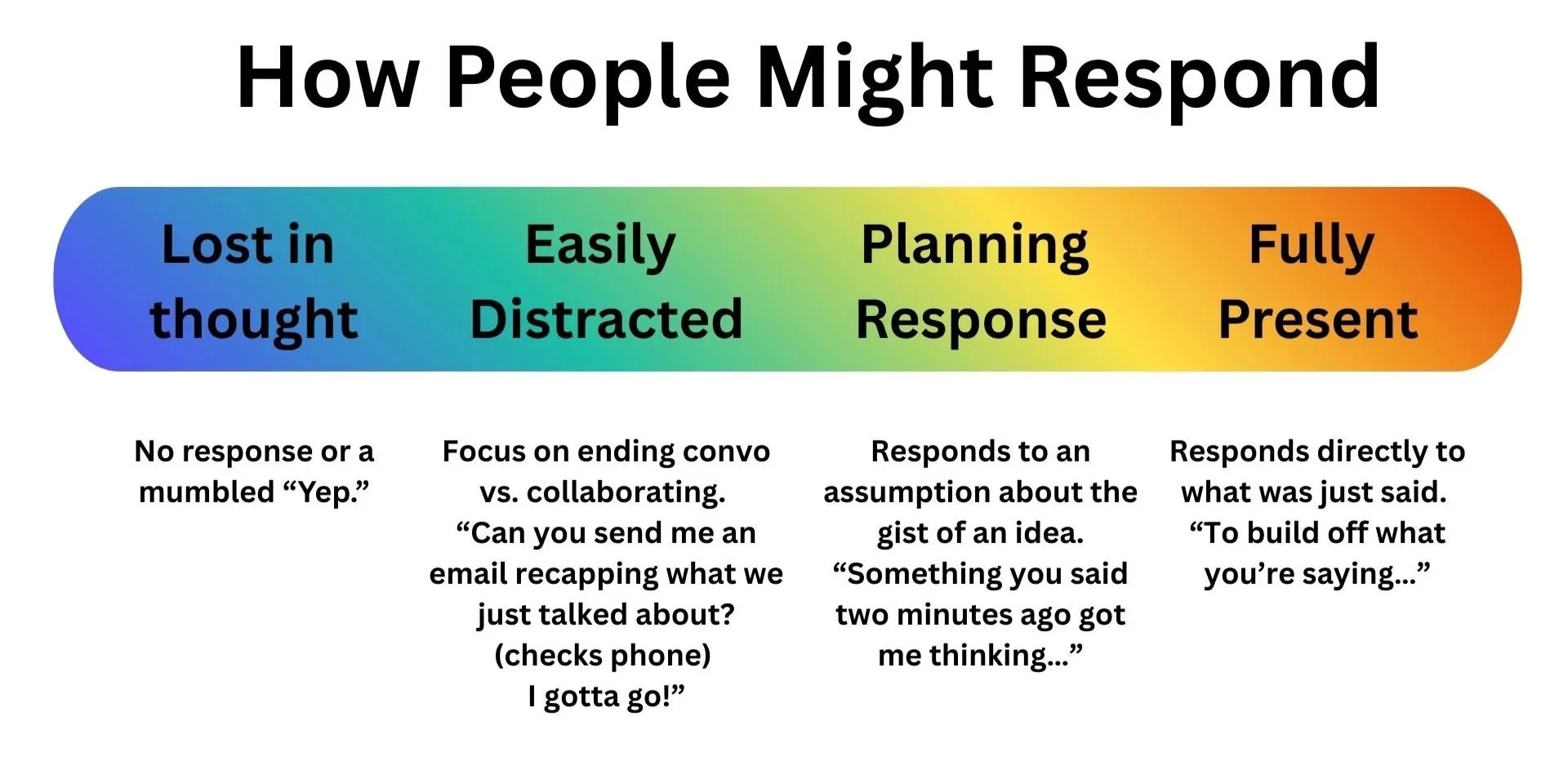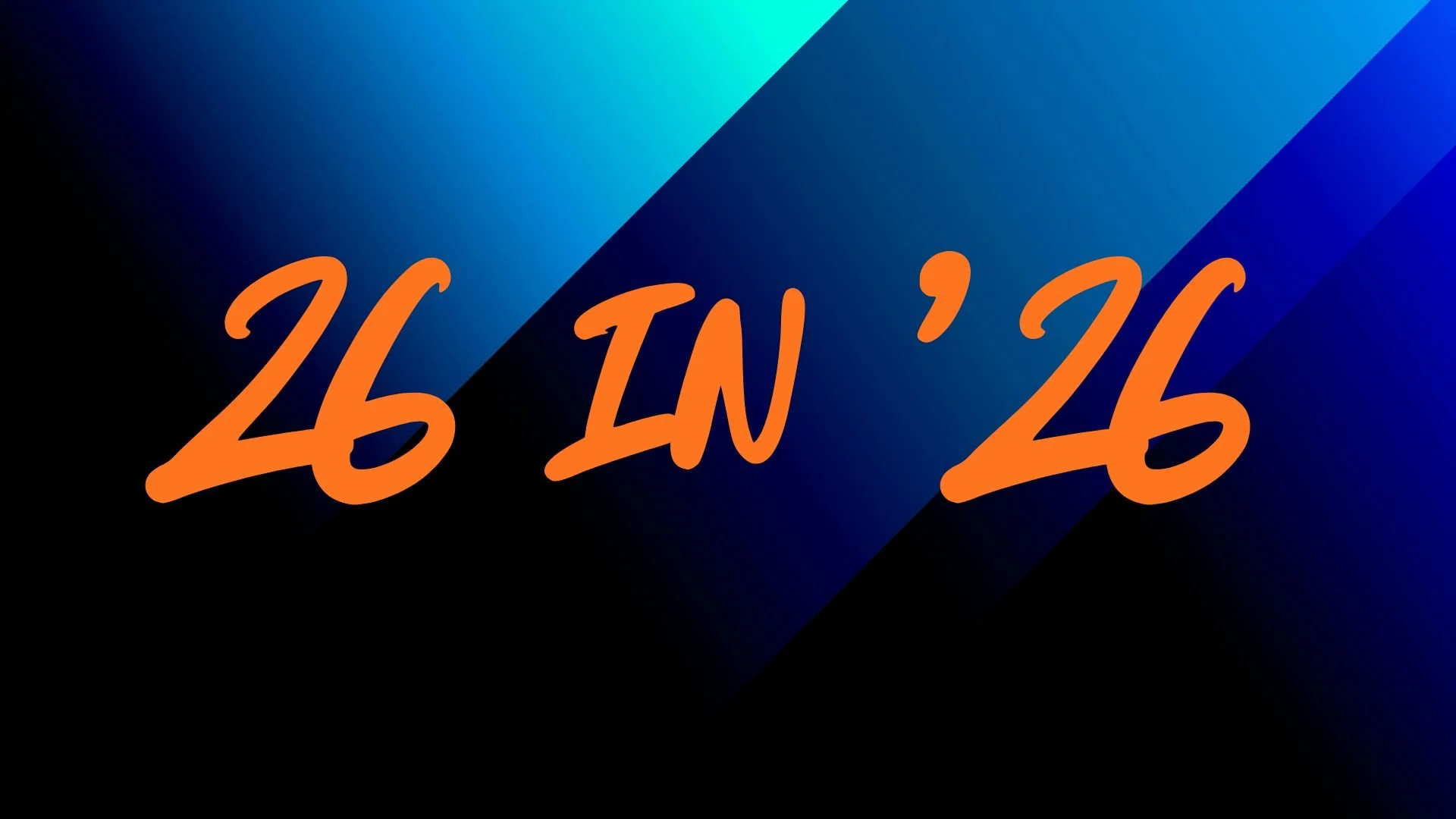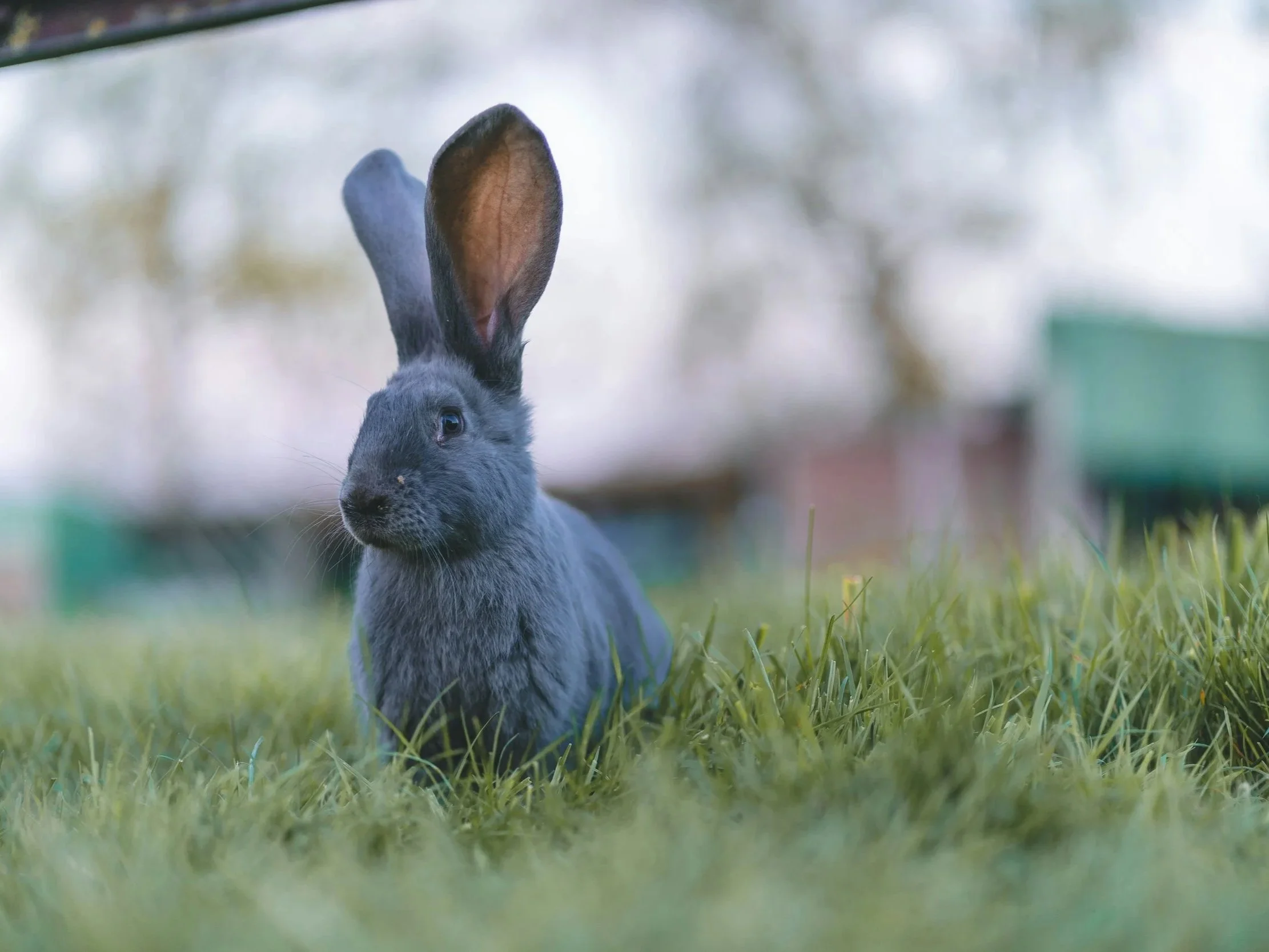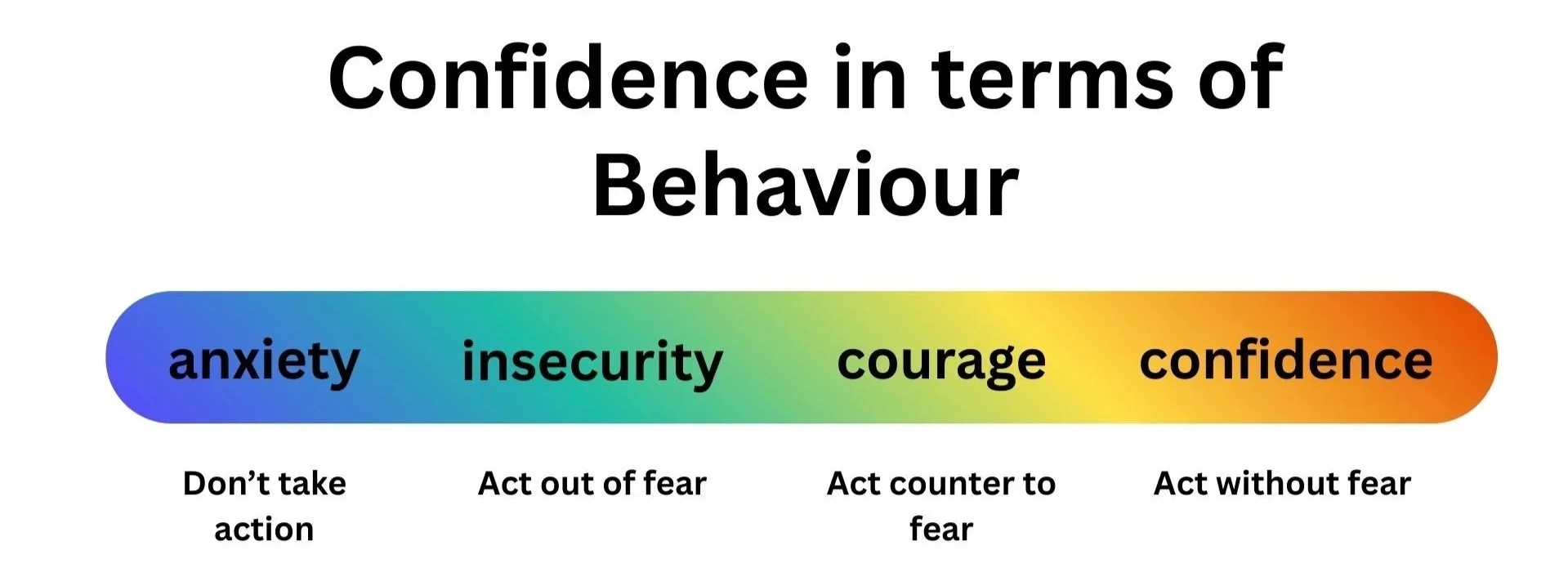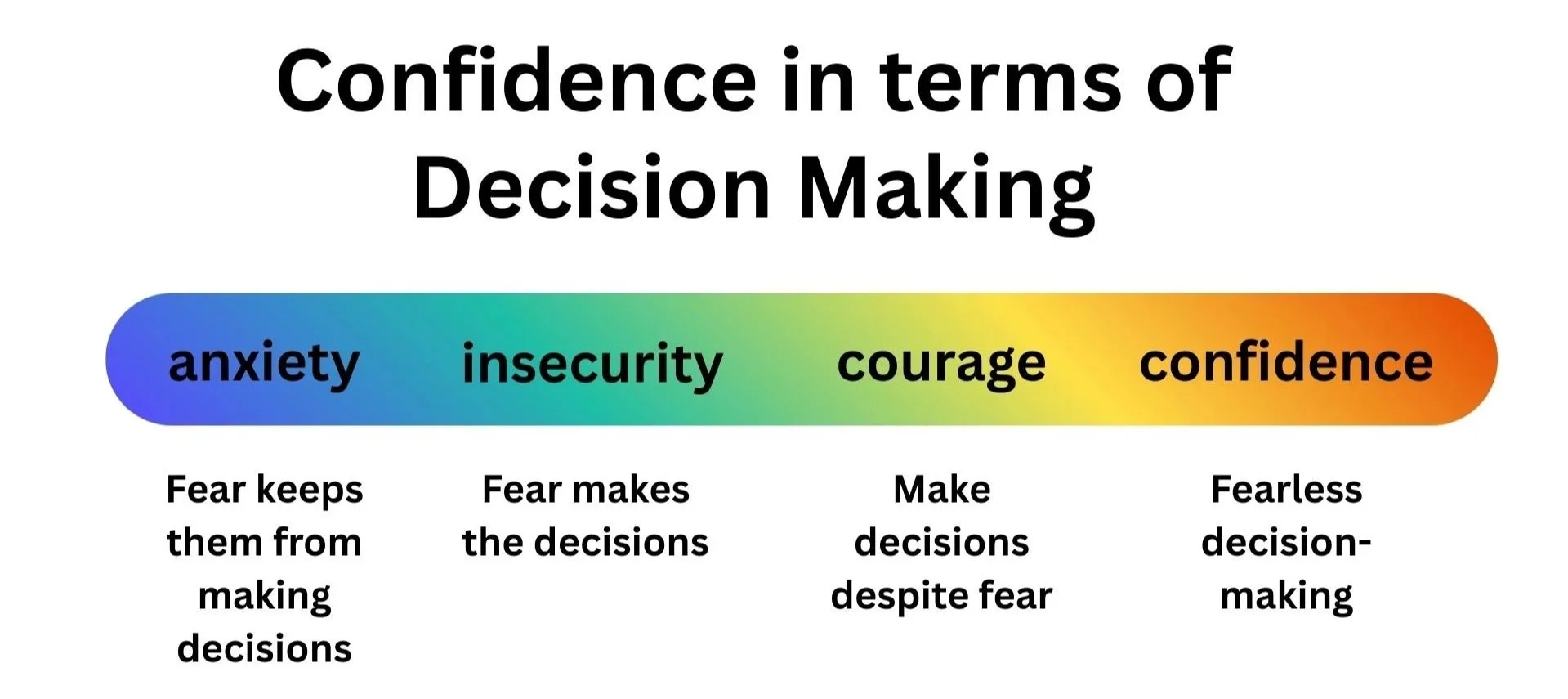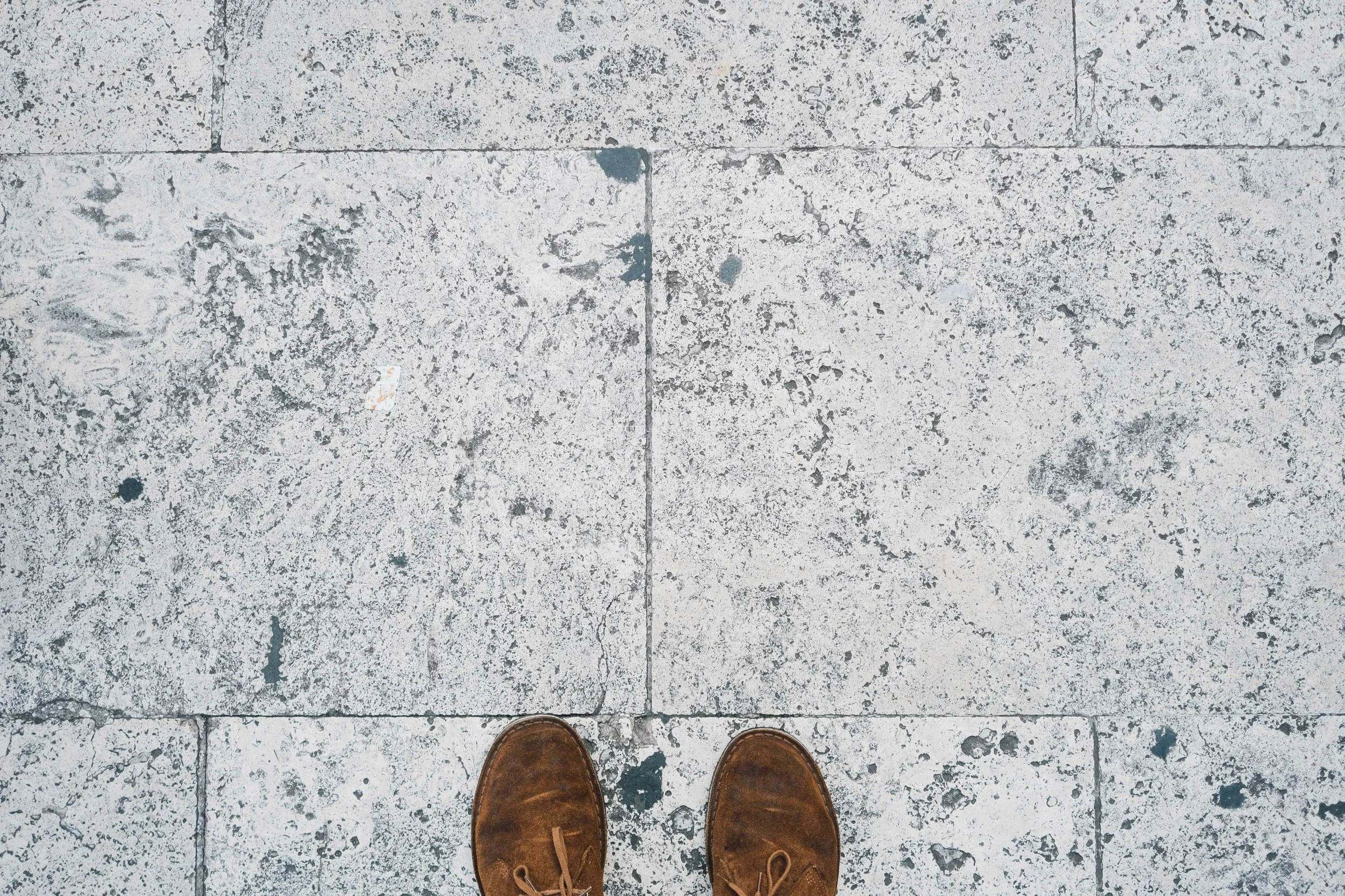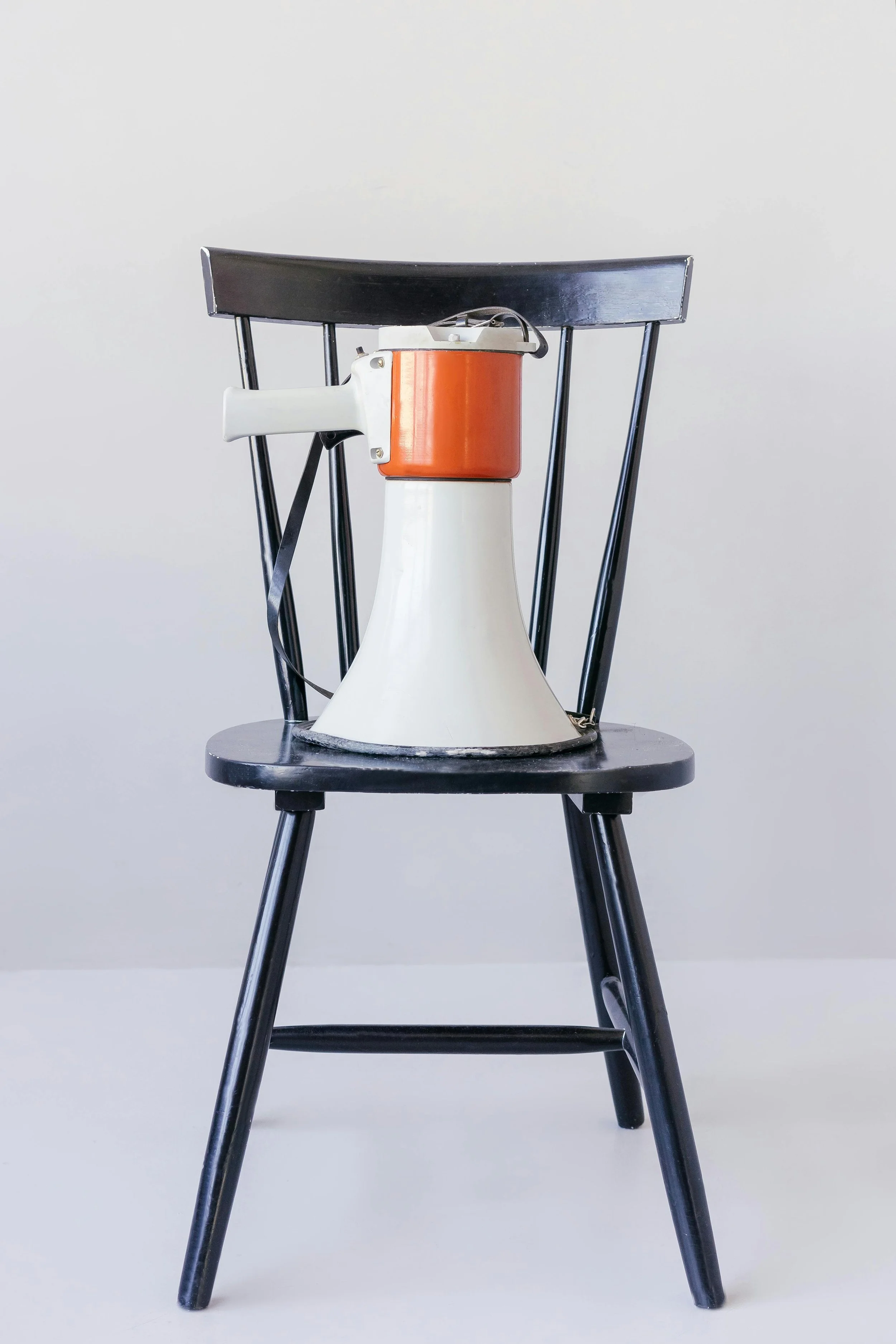Great question!
Quick caveat, each workshop gets customised based on your team’s needs and goals, the number of people, how long we have, etc., so what happens can really be anything. But this general outline can be a good starting point to get a sense of what a session could look like.
Bonus caveat, this outline isn’t going to sound nearly as fun as improv actually is. Just know that behind all skill-building talk, the workshops will always have a focus on fun and laughter.
Let’s begin.
1) INTRODUCTION
We’ll do a quick intro on improv, the idea of “Yes and,” and the benefit of learning/honing this skill. At the start of any workshop, most people just want to know two things: what’s this about, and how it’s going to help me?
With improv, I’ll also address two other big questions: “Will I have to be funny?” and “Will I be put on the spot and look silly… and have to be funny?” No and no. These improv exercises are focused on connection and collaboration, building stories and ideas together. With everyone participating at the same time, and nobody is singled out or has to be “good at it.”
2) WARM-UP EXERCISES
A few simple improv games to get people moving their bodies into a sense of play. Games so easy there’s no fear of “messing it up.” Because even though I mention not needing to be good or funny in the introduction, there might still be some fear of looking silly in front of your peers.
Eg. “Yes Let’s!”
Someone calls out an activity, like “Let’s play basketball!” and everyone practices being open to other people’s ideas by responding with an enthusiastic “Yes! Let’s!” then playing imaginary basketball together.
3) SKILL BUILDING EXERCISES
This is where we explore the meaning of “Yes, and”, and how using it in work interactions makes for better team communication, connection, and collaboration.
Again, which exercises go here can be determined by the type of team and their goals, whether overall communication skills, listening skills, conflict resolution, presentation skills, creativity, leadership and management skills, and so on.
Eg. “Word at a Time Story”
In smaller groups and/or pairs, each person takes turns adding just one word to the overall story, so nobody has too much control over where the story goes. Trains listening, being open and judging less, being present, letting go of control and thinking collaboratively.
4) PERFORMANCE EXERCISES
This is the section where not everyone is participating at the same time. Some are performing while the rest are their audience. A chance to put your newly honed improv skills into practice. This part is closer to what you might see on Whose Line Is It Anyway?
One small group at a time (unless it’s specifically a presentation skills exercise, then you might be alone for this part) will play an improv game on the “stage area.” The games are designed for success, aka ease of laughs and joy.
Eg. “The Show Must Go On!”
Five participants act out a 1-minute scene improvising a conversation between five different characters. Then we repeat the same scene 4 more times, each time removing one participant, but not their character’s line. Eventually, one participant has to recreate the whole first scene by playing all 5 characters. (If this seems hard, reminder, we do build up to this.)
5) Q&A
Throughout the workshop, I’ll explain how to do each exercise, but also how it applies in the real world. With that said, if there are still any questions, we leave time at the end for discussion.
And then, one last, fun, everyone moving together cool-down exercise.
--
That’s about it. Again, this is just a general outline, and can be adjusted to anything you need. We’re improvisers, after all.
One workshop we did for The Toronto Raptors staff and management, we broke them into 8 different “teams” and did a bracket-style competitive improv tournament, so there’s really no limit to what an improv team building workshop could look like.
But if you like this starting point and want to talk more, reach out.




